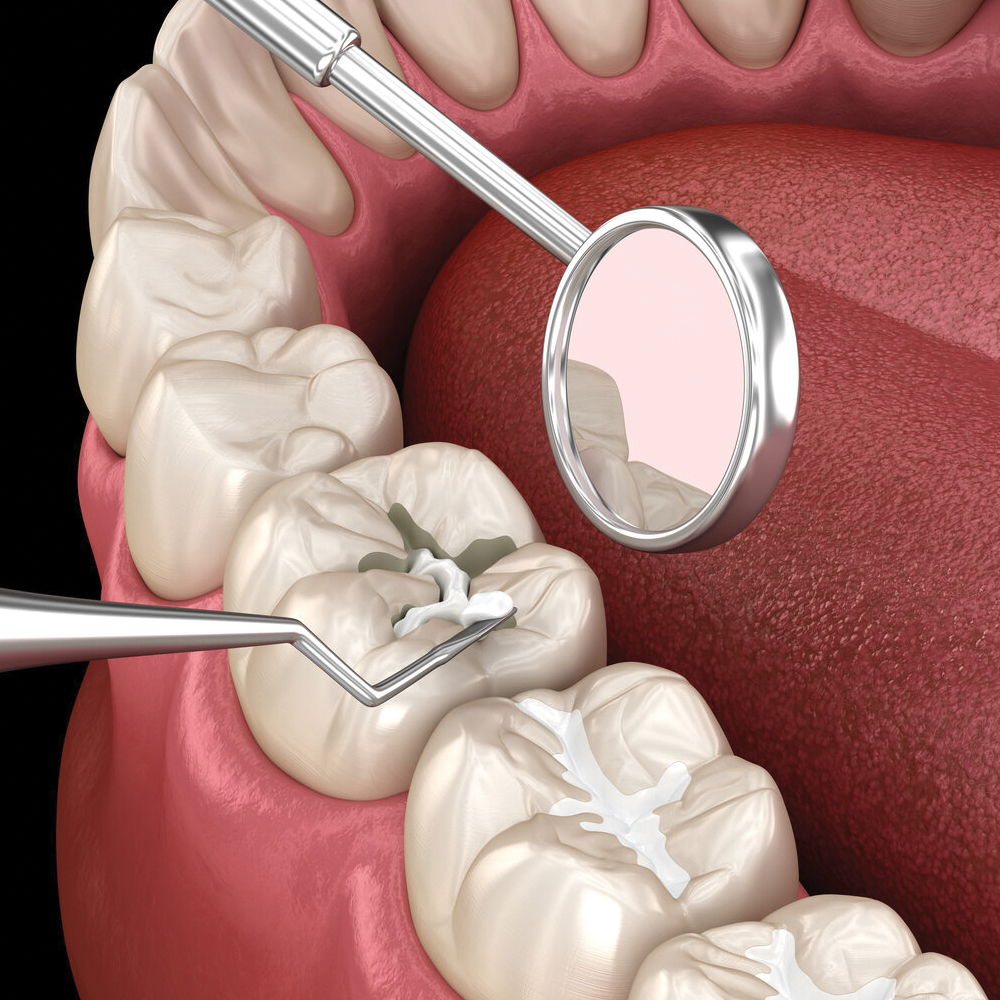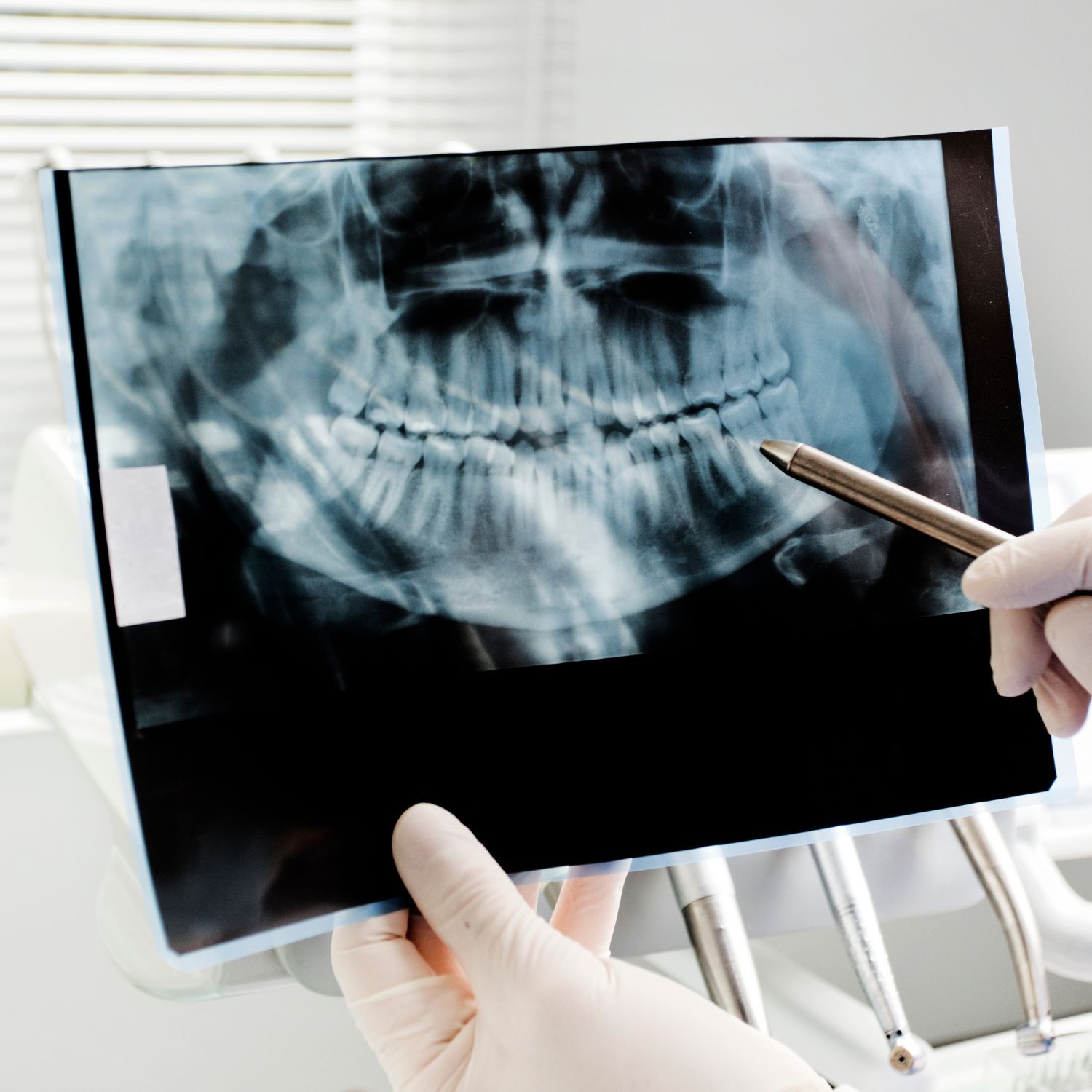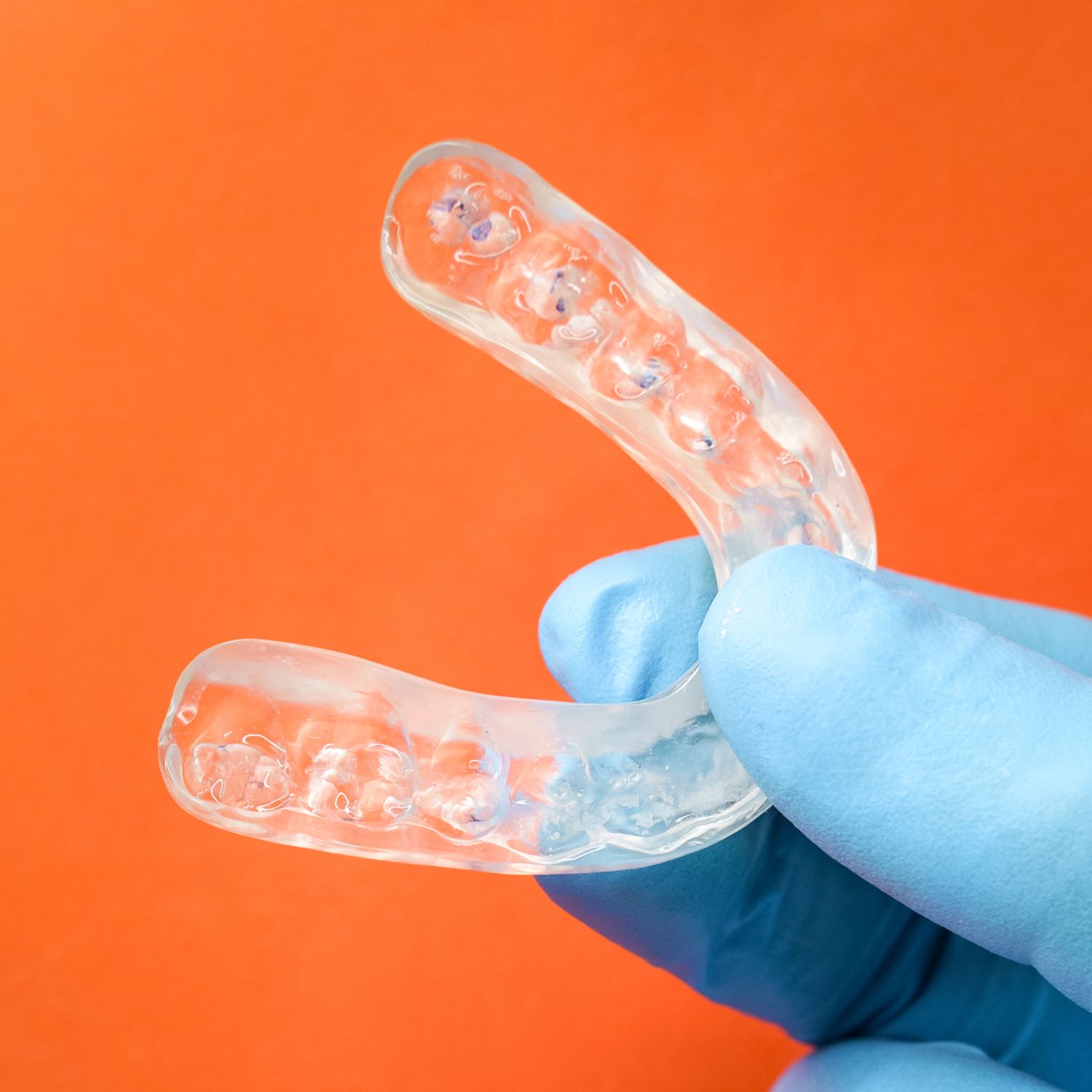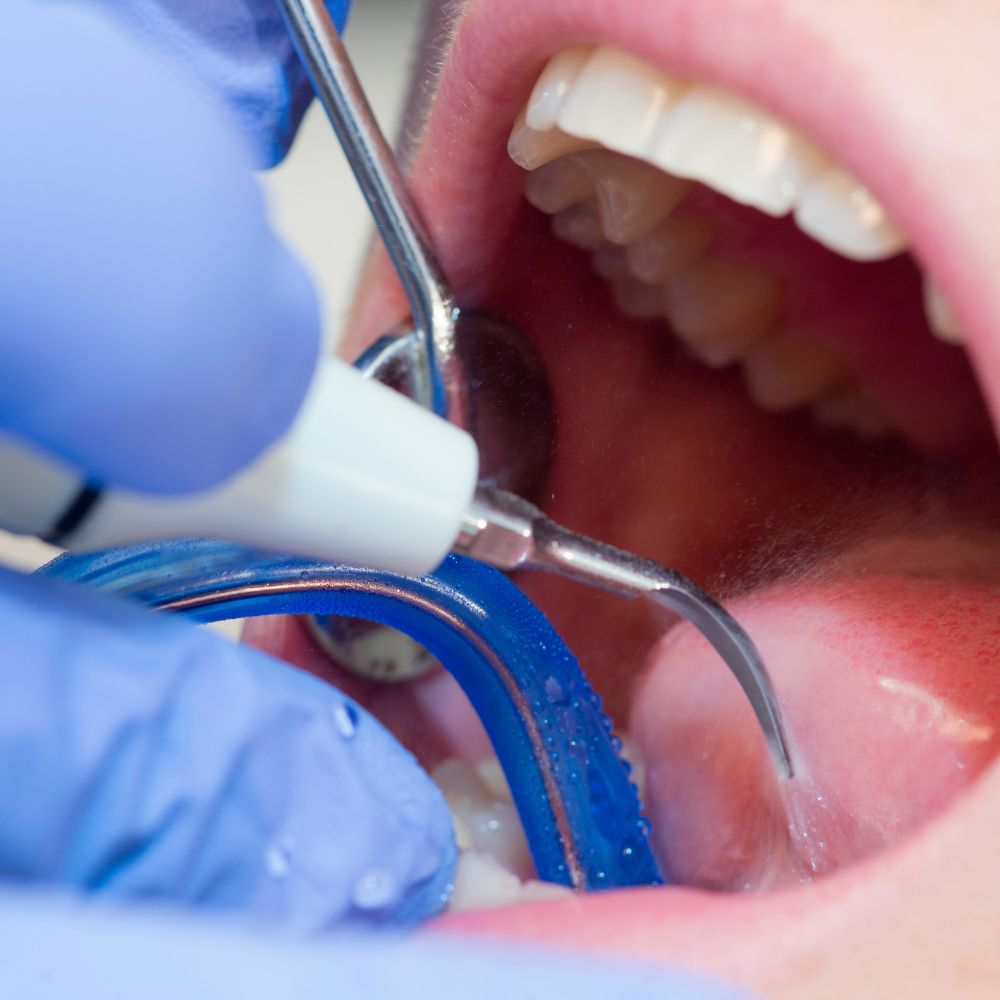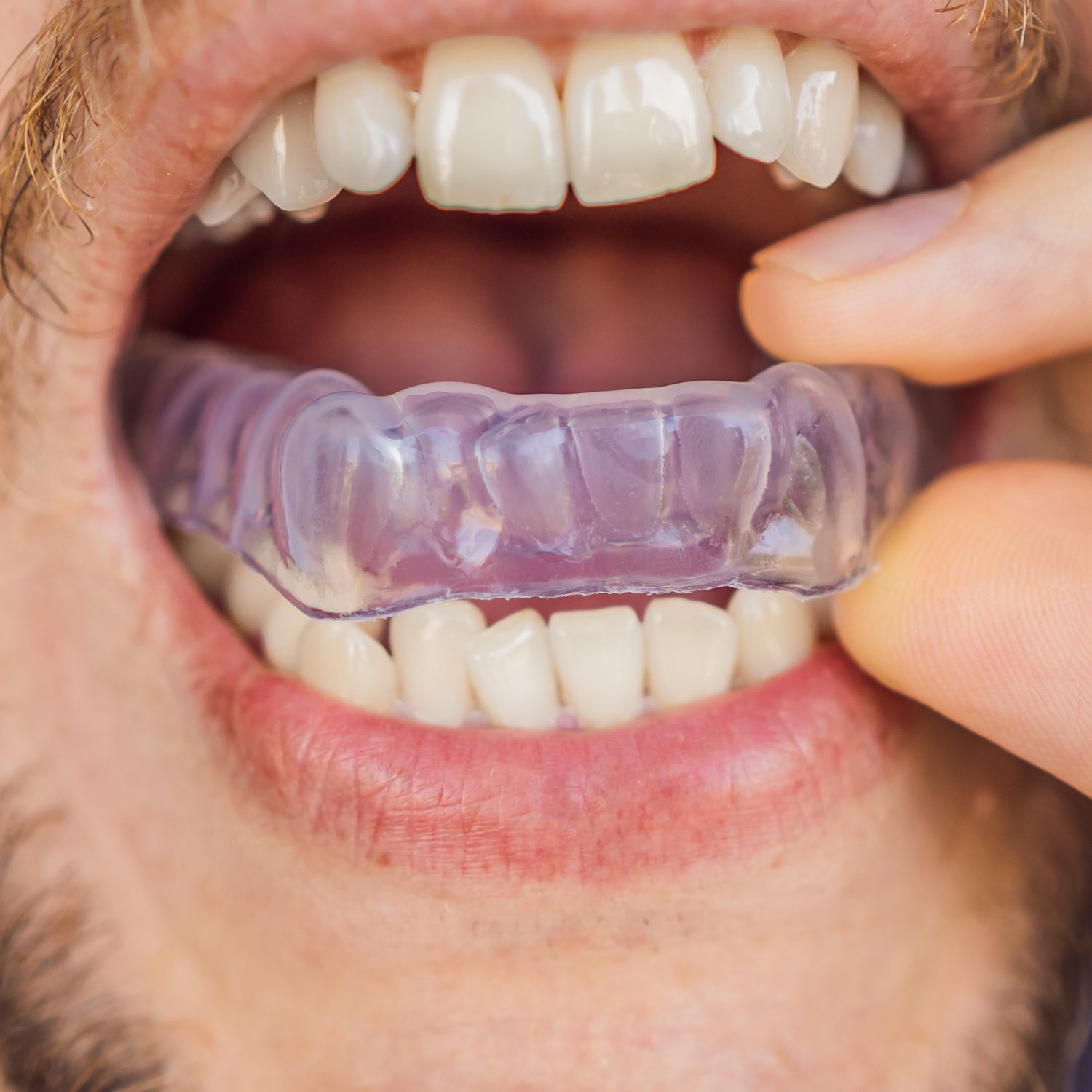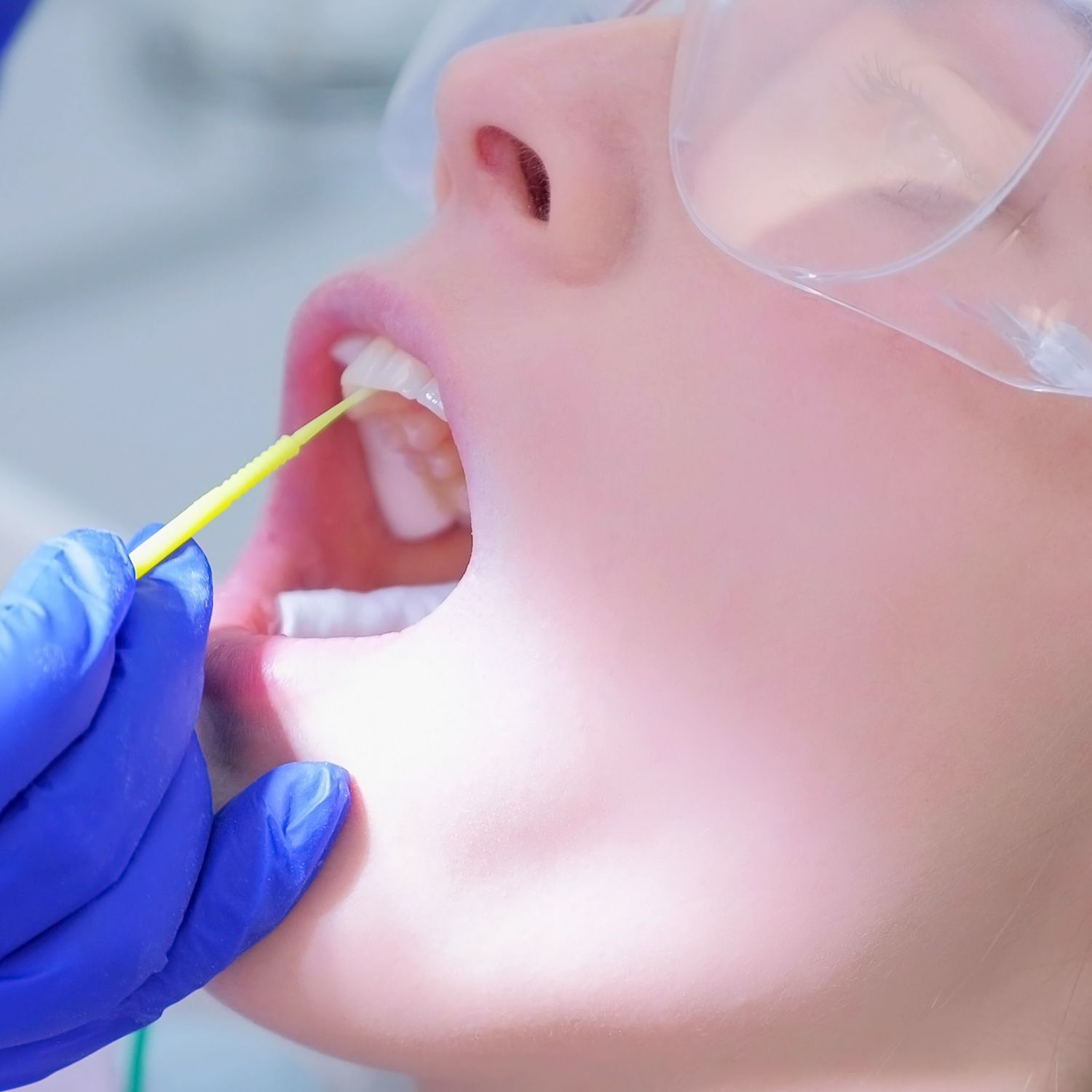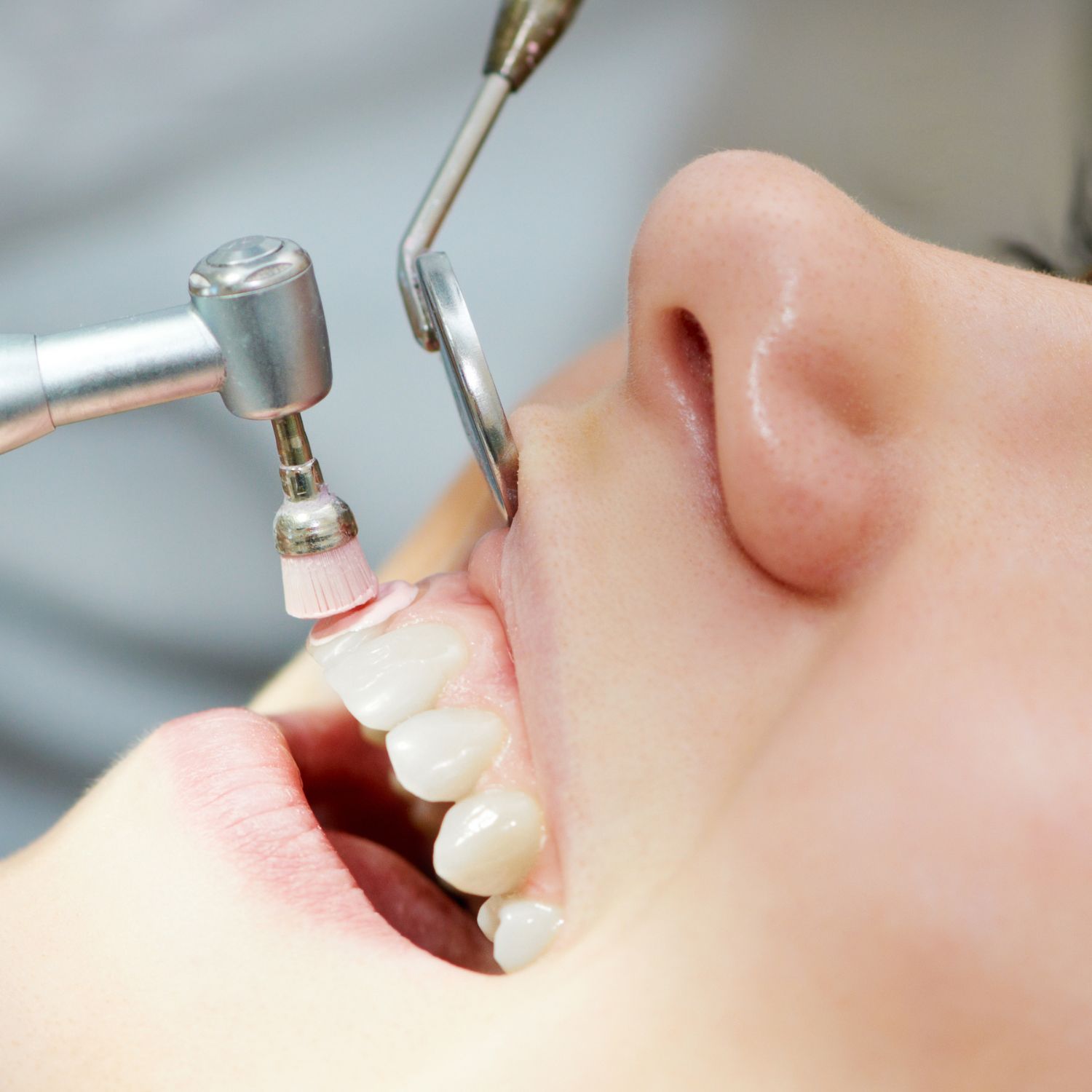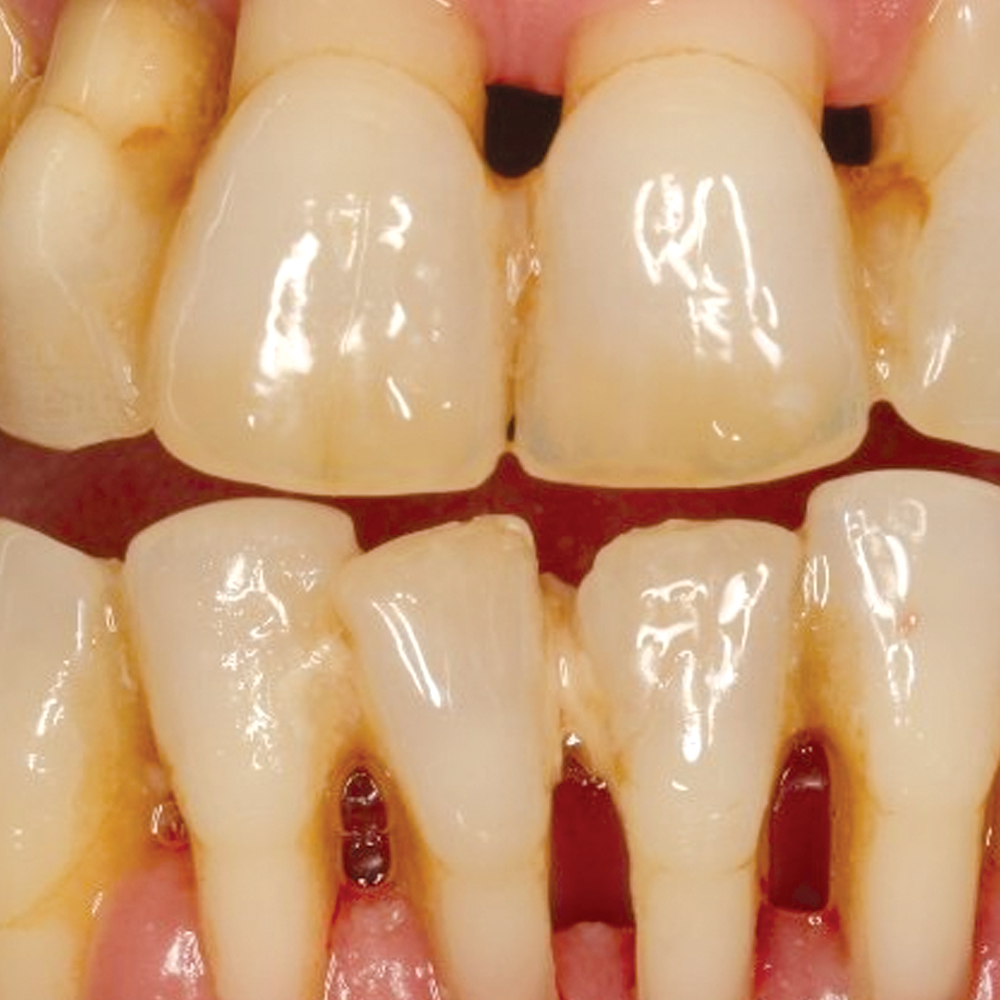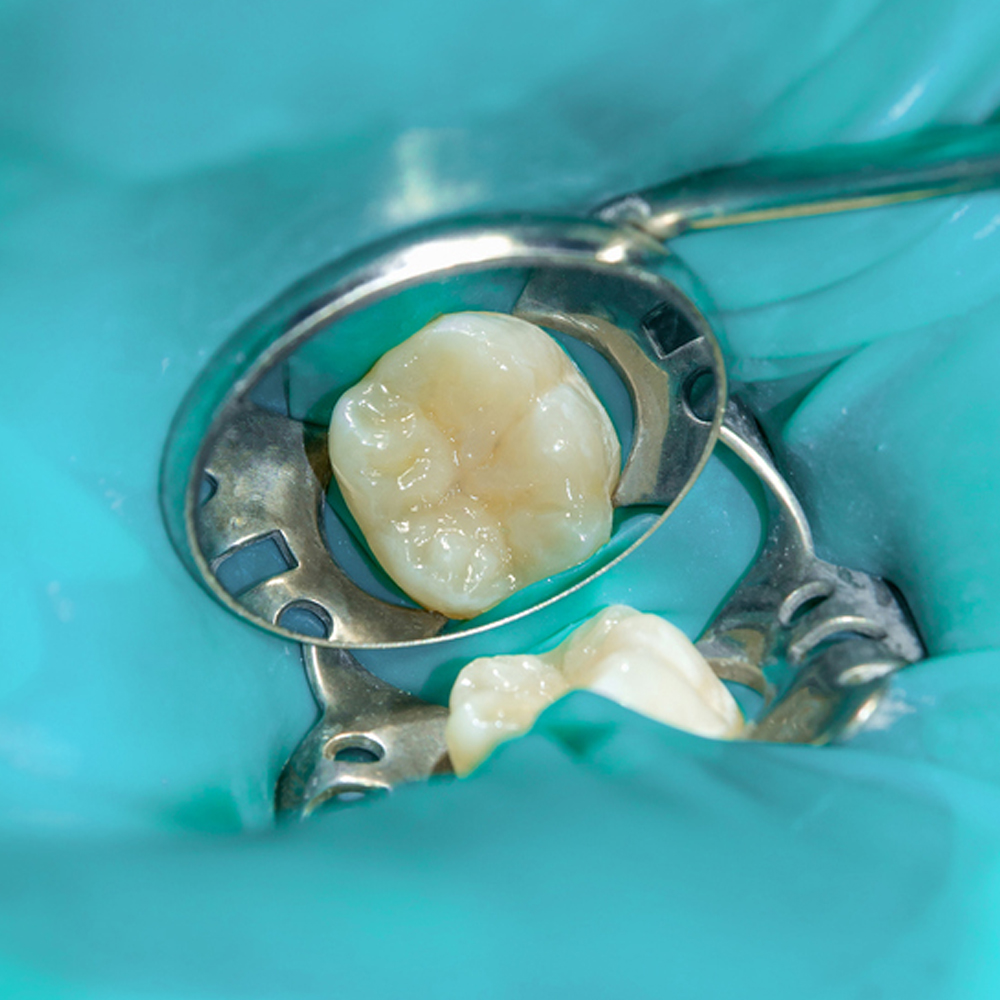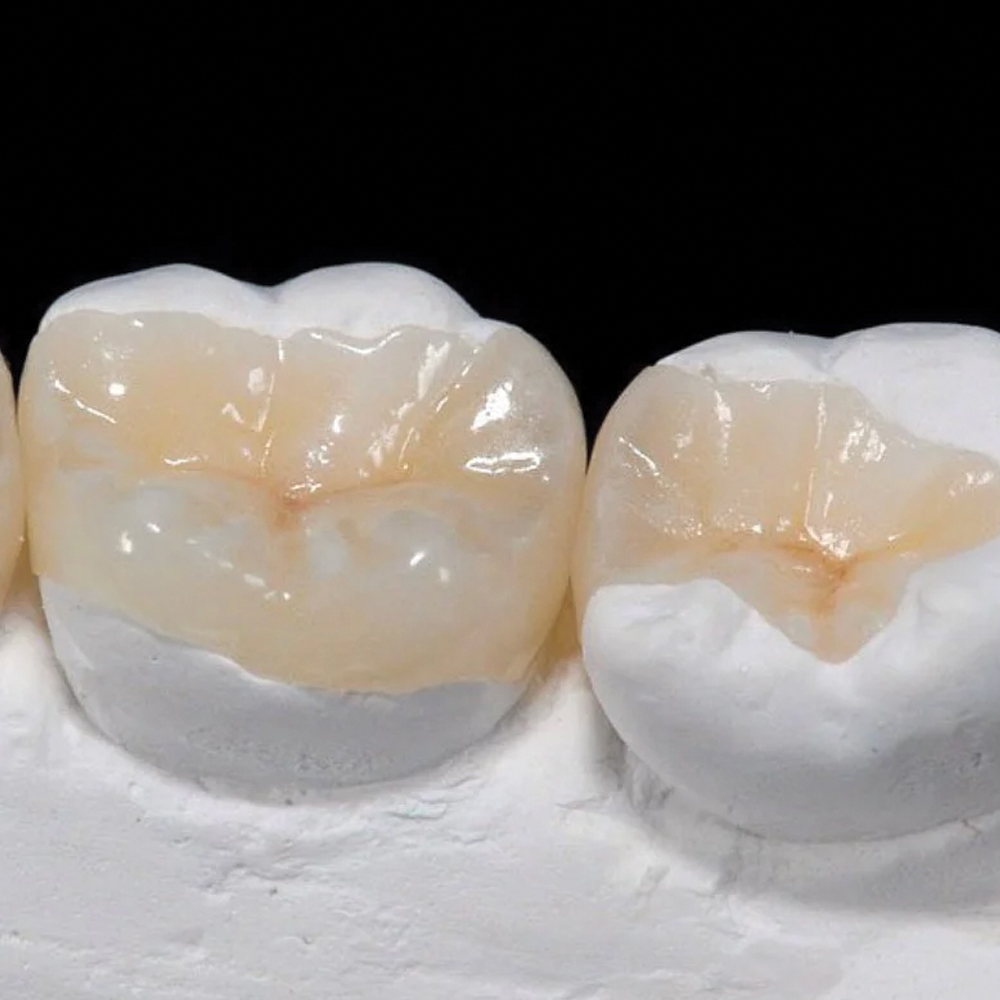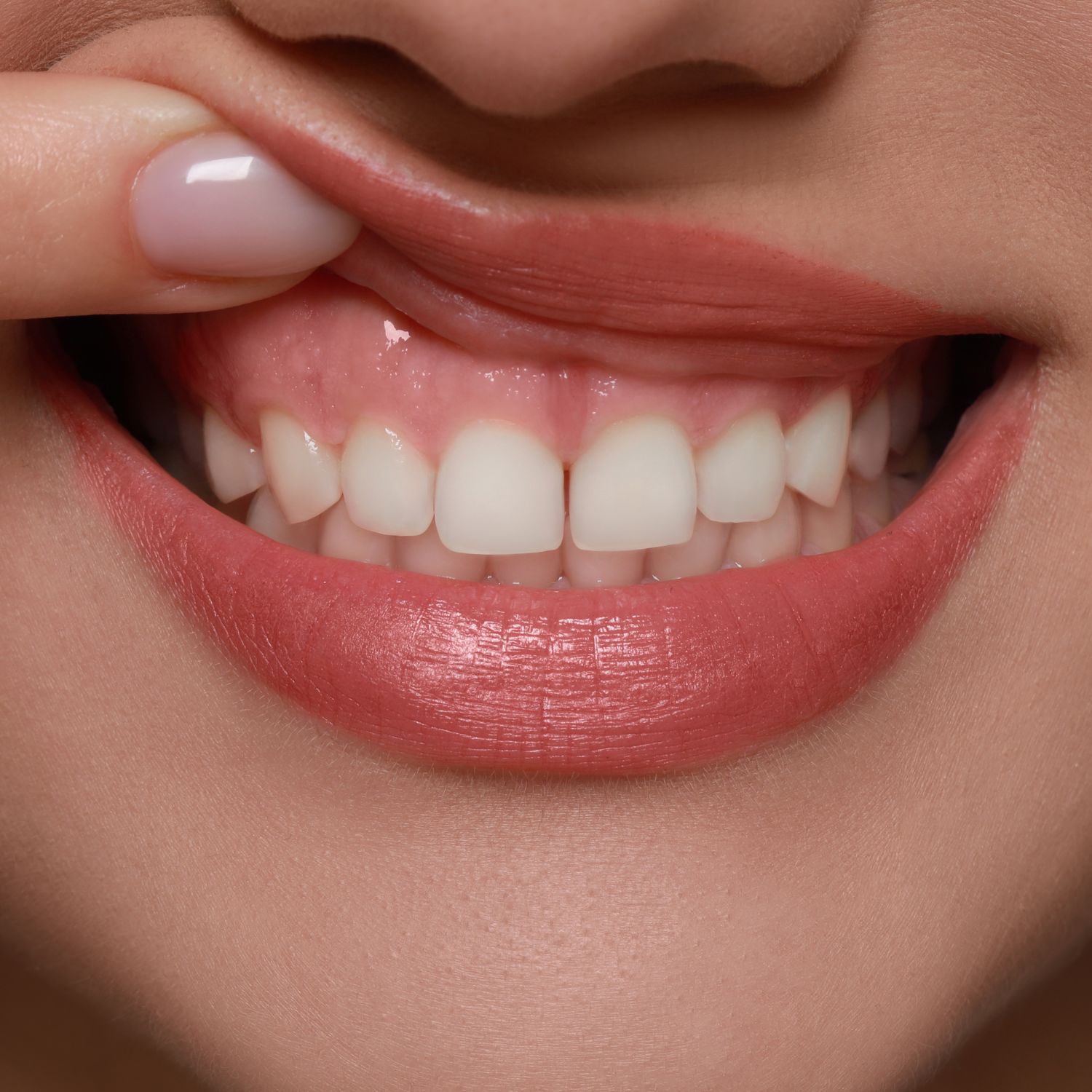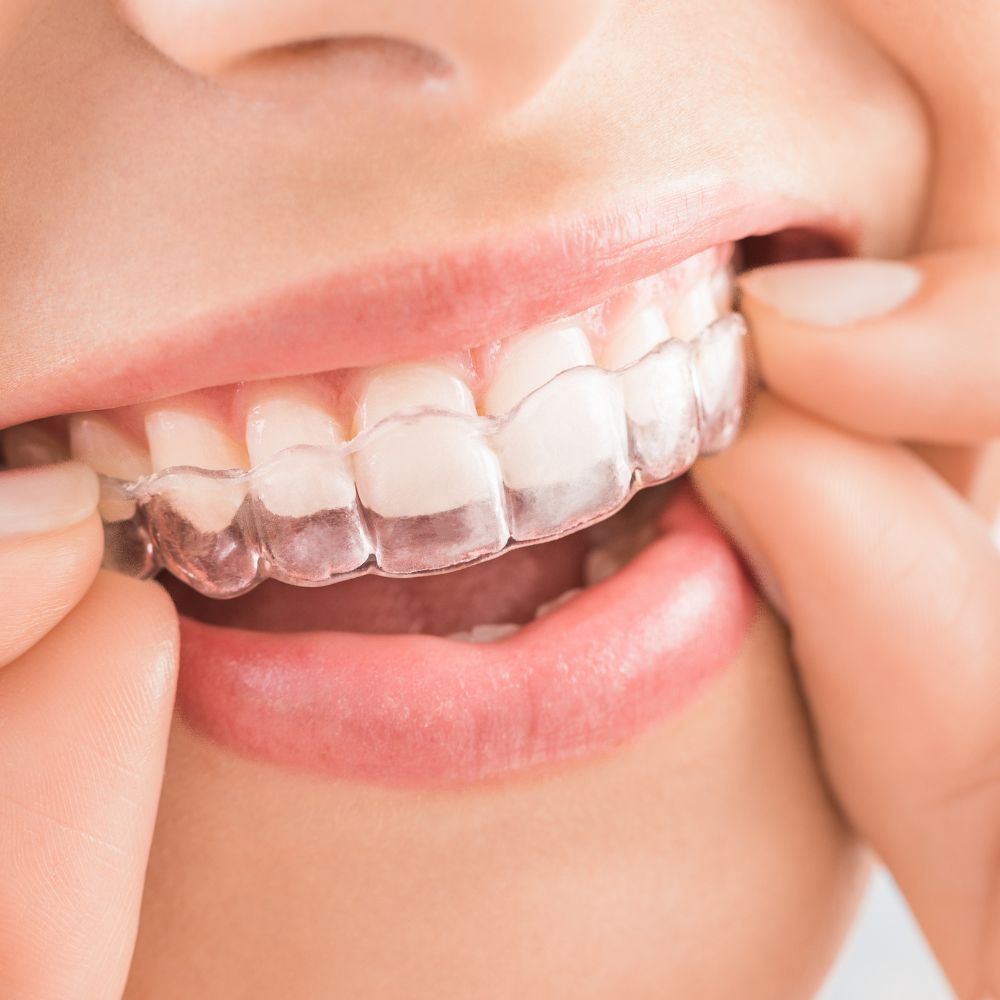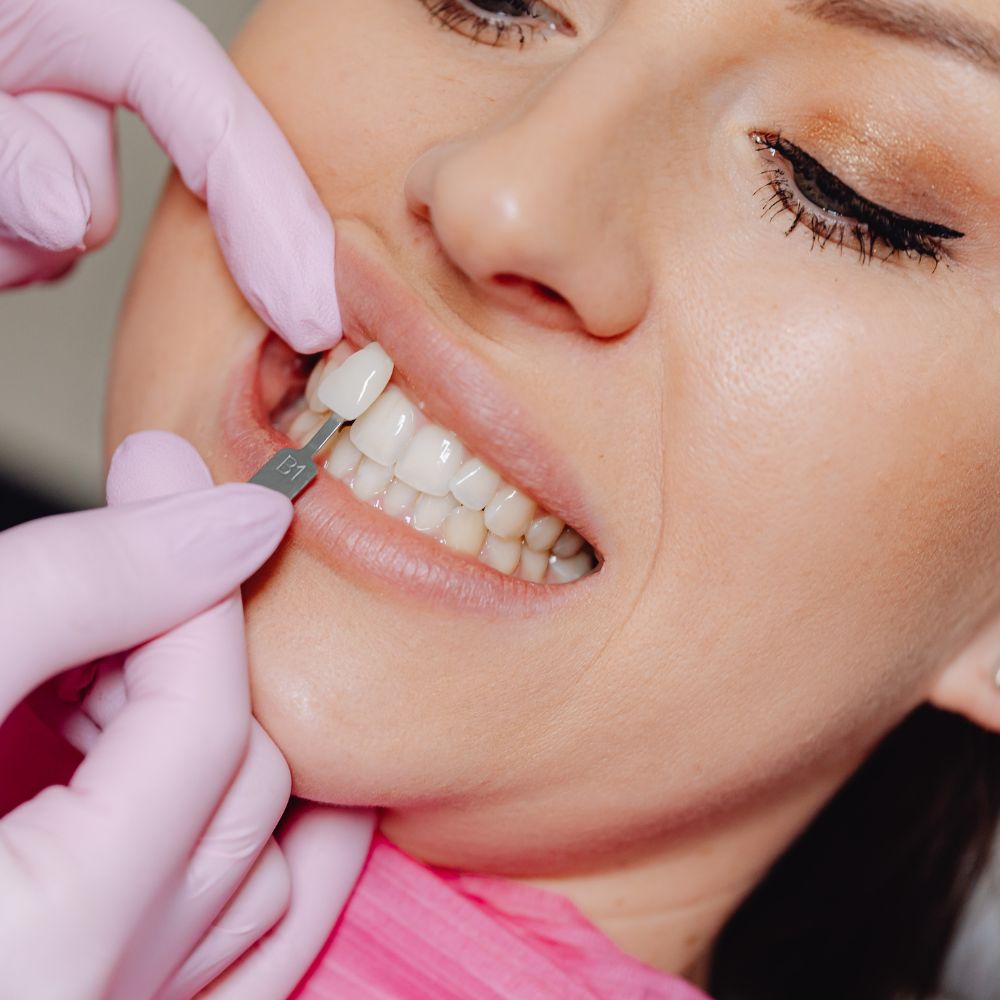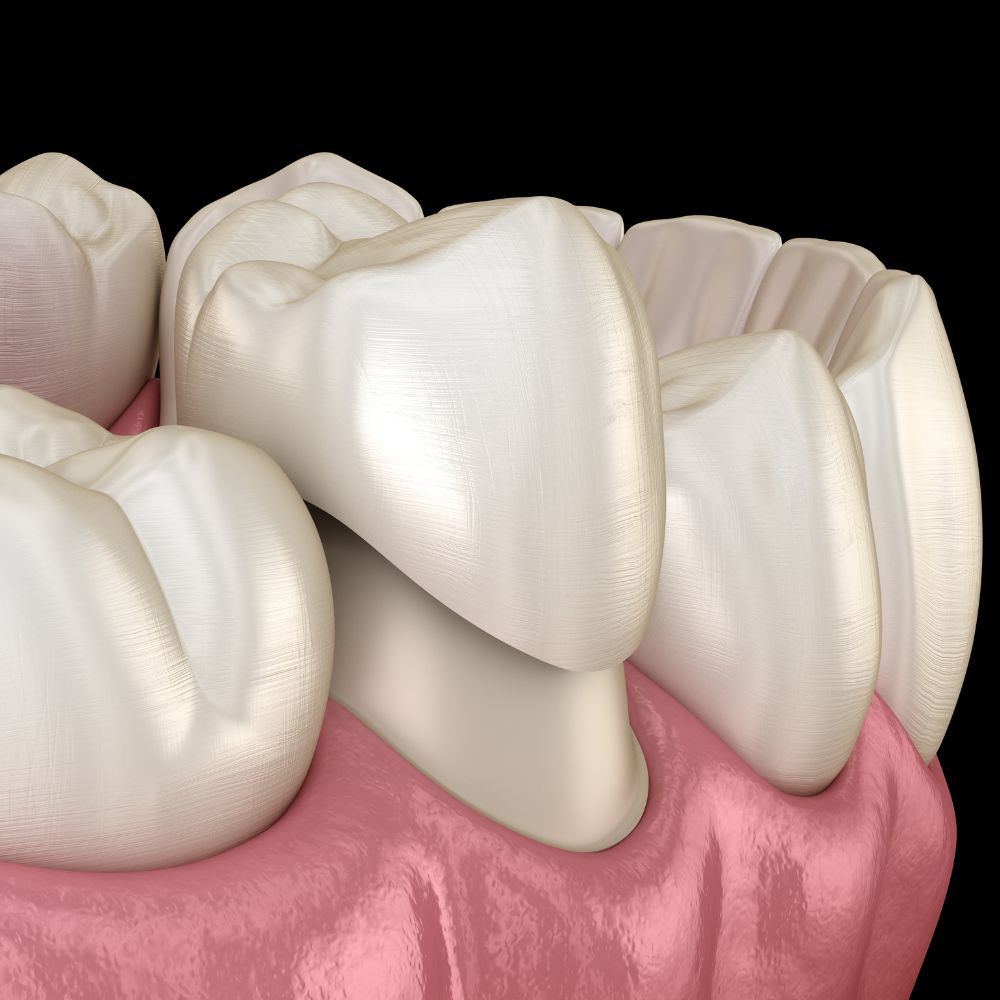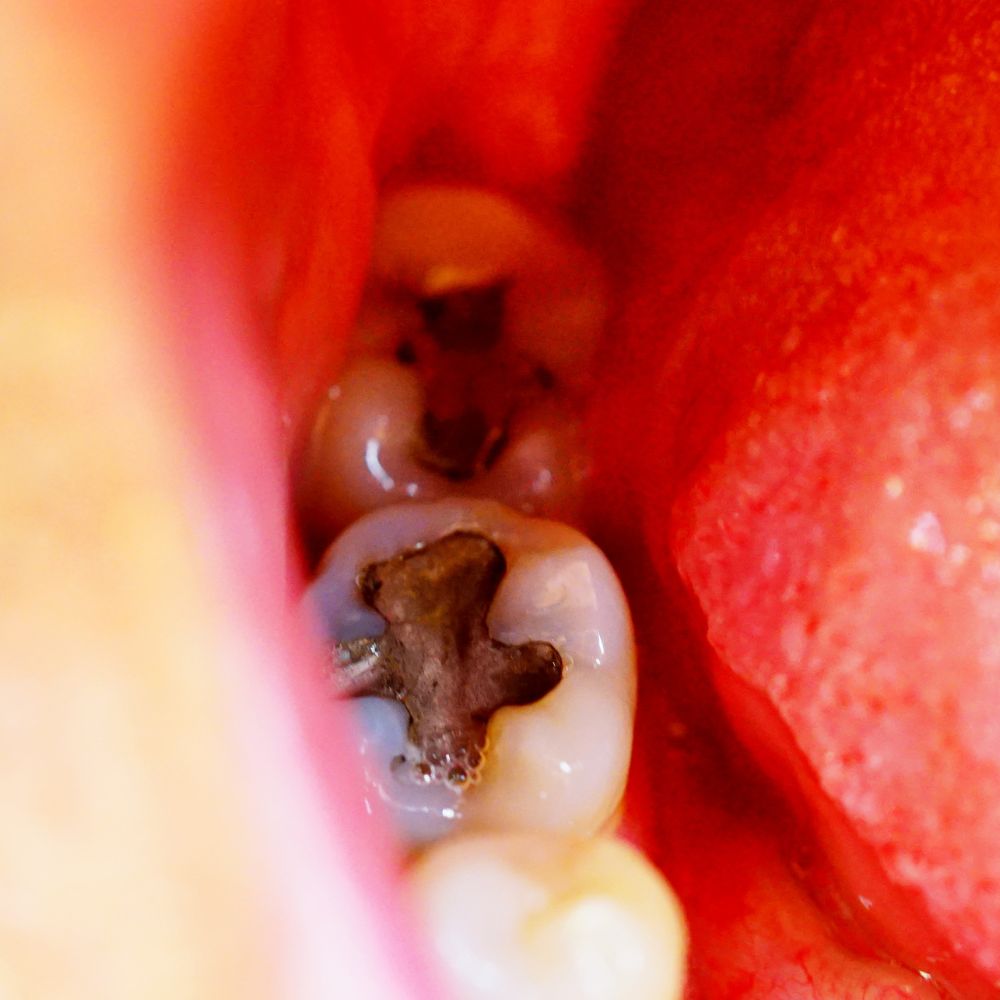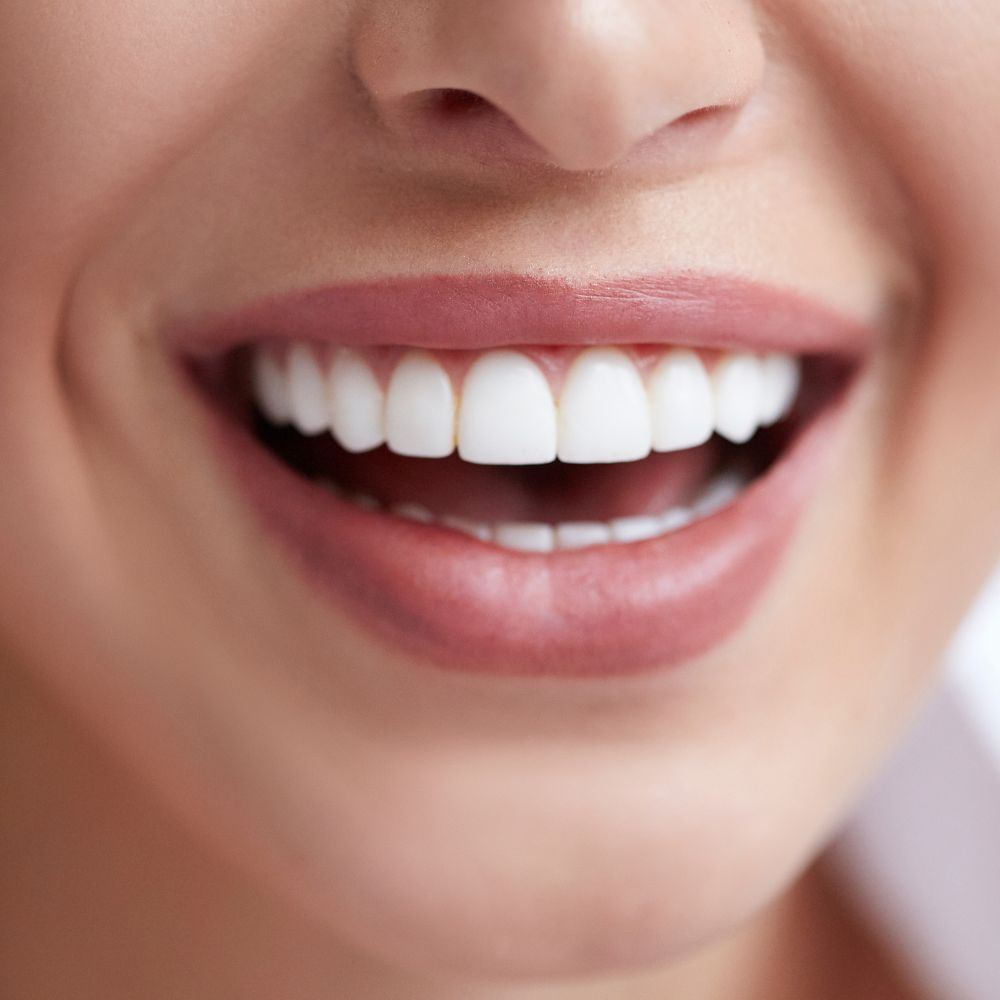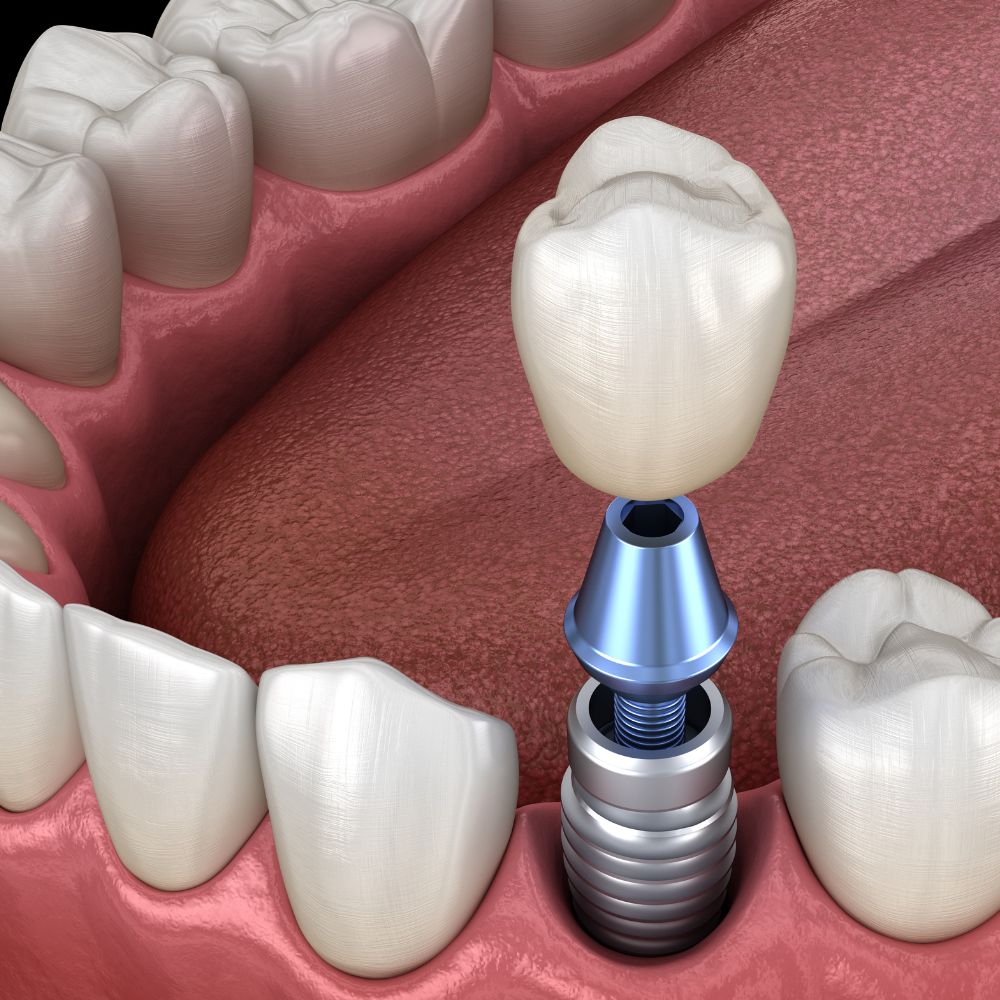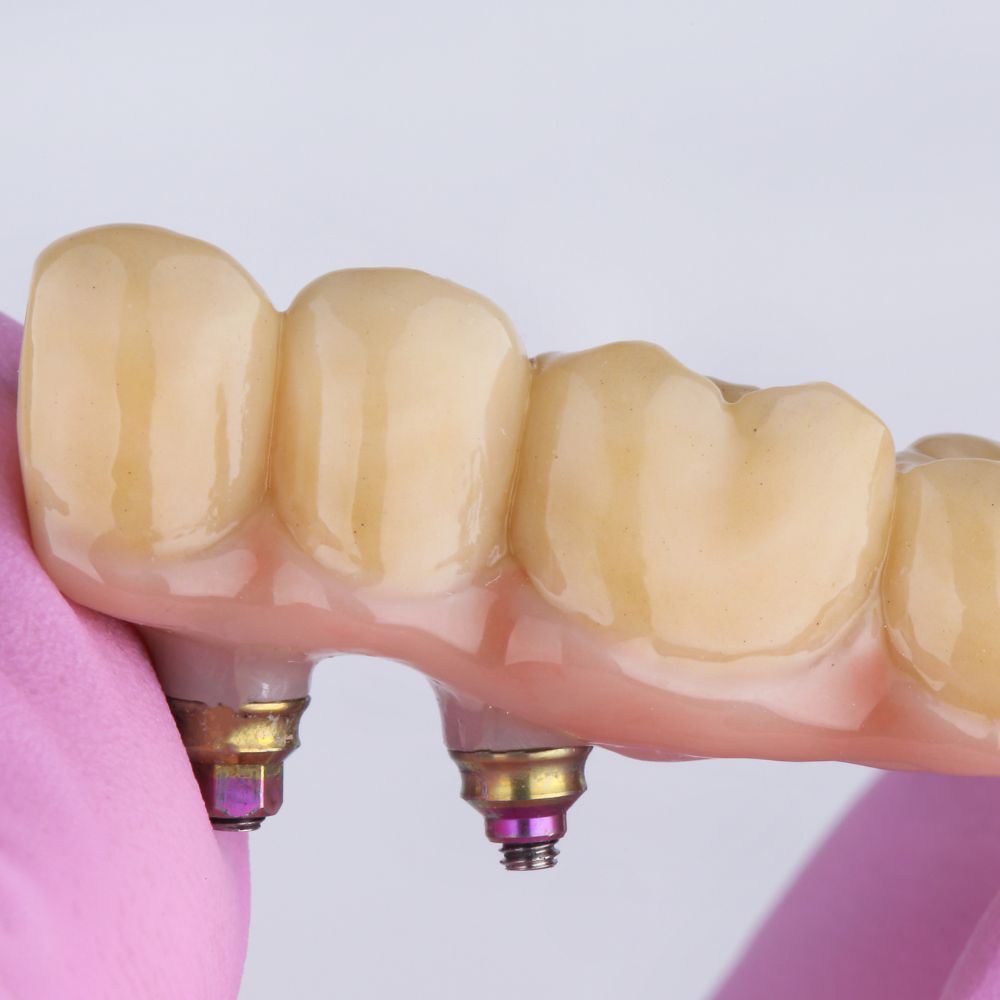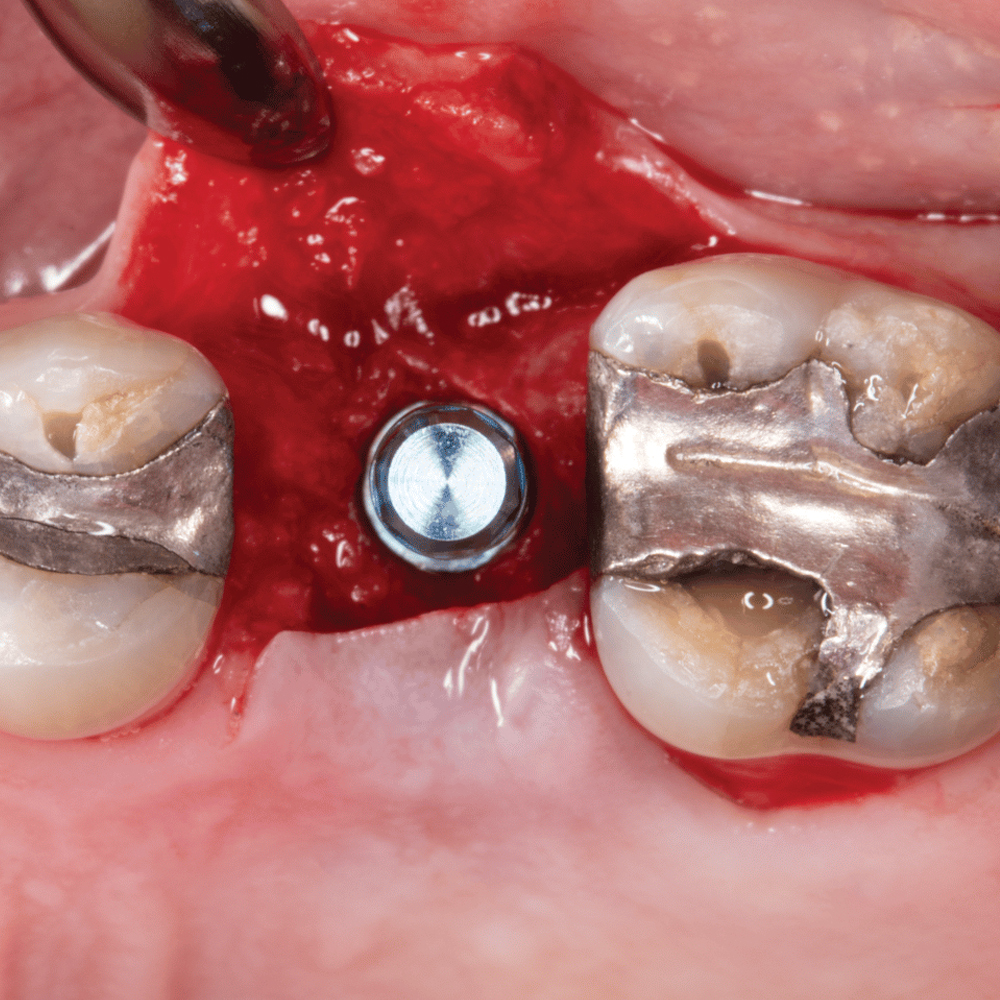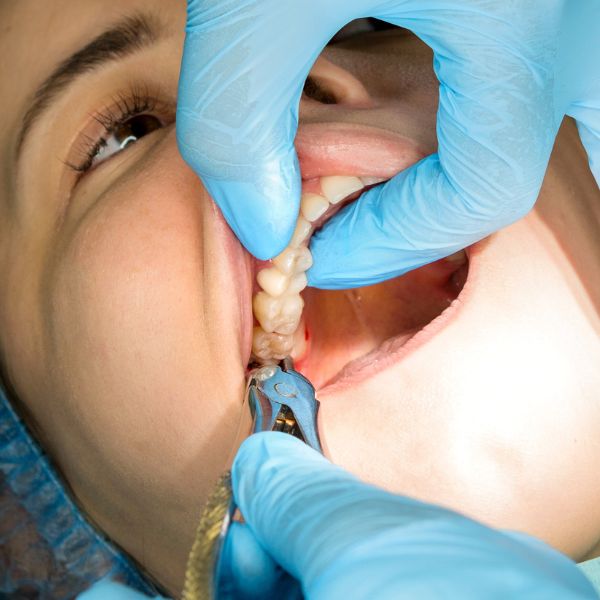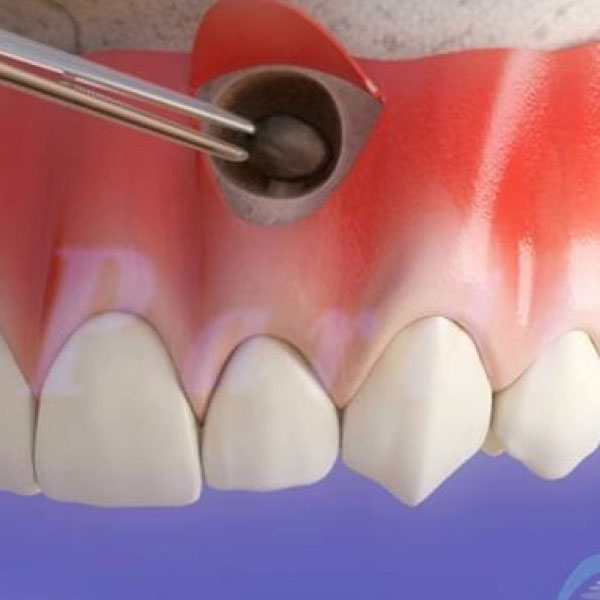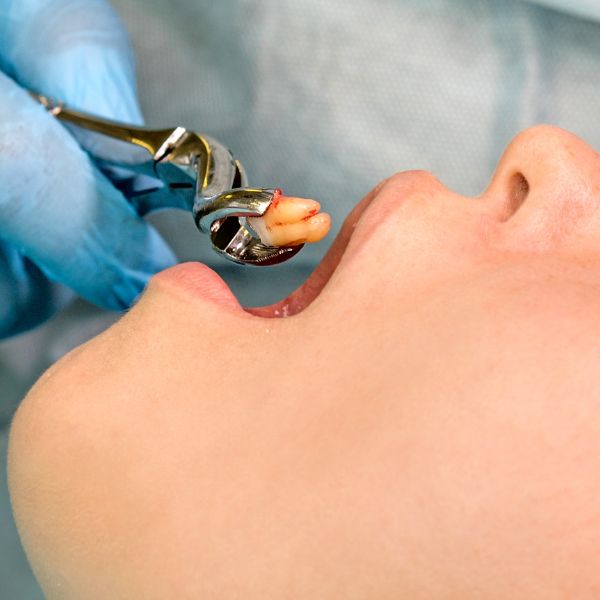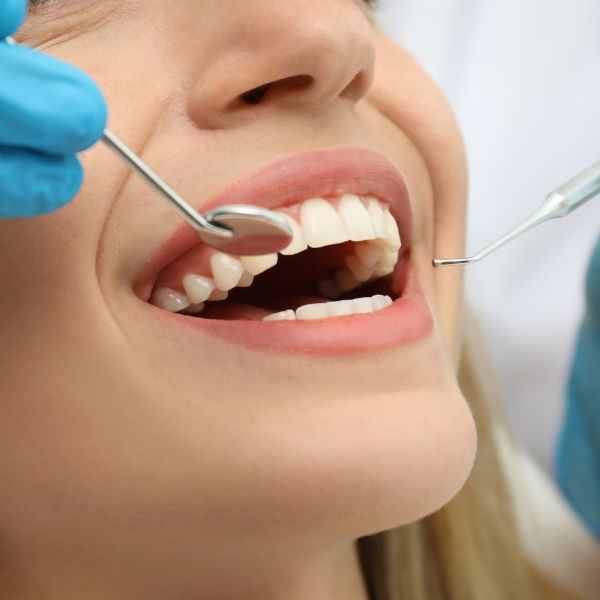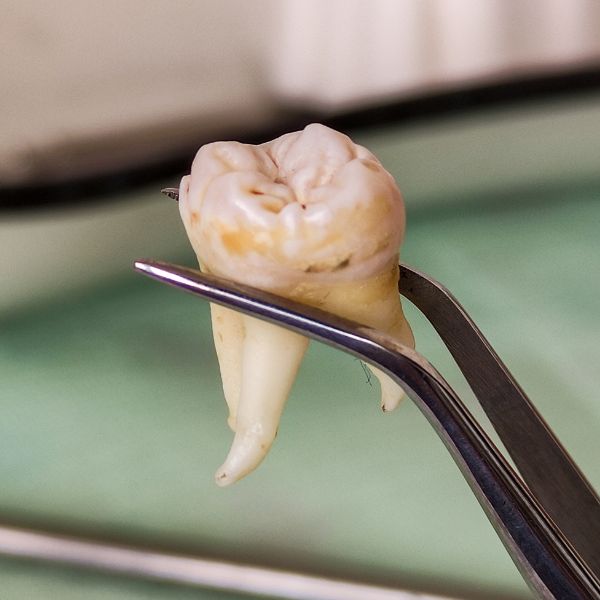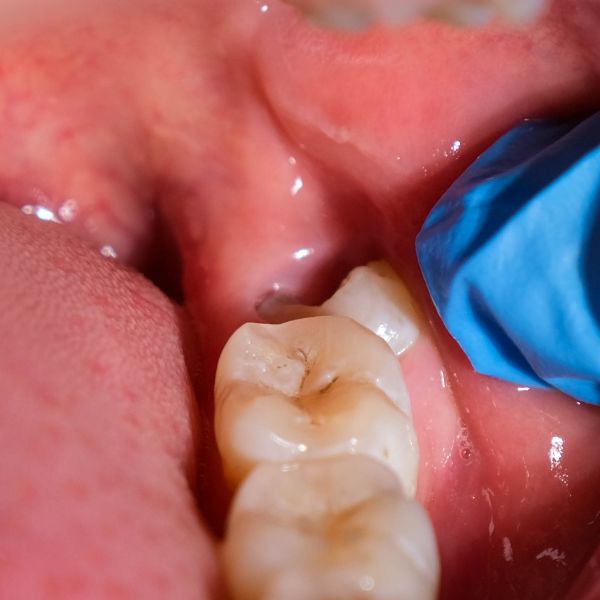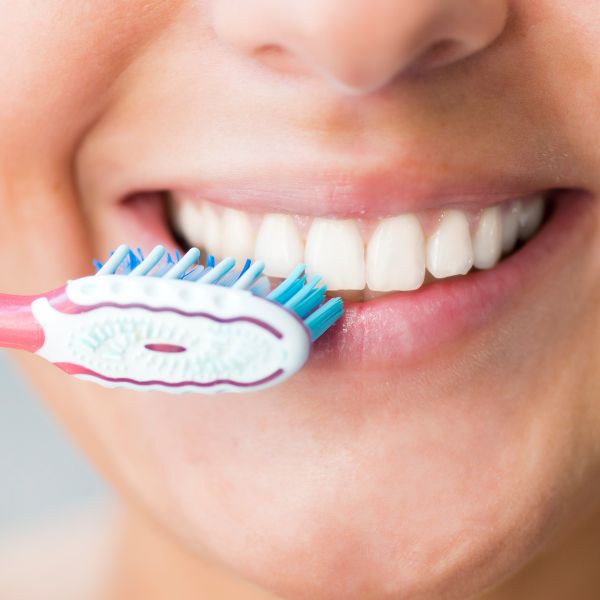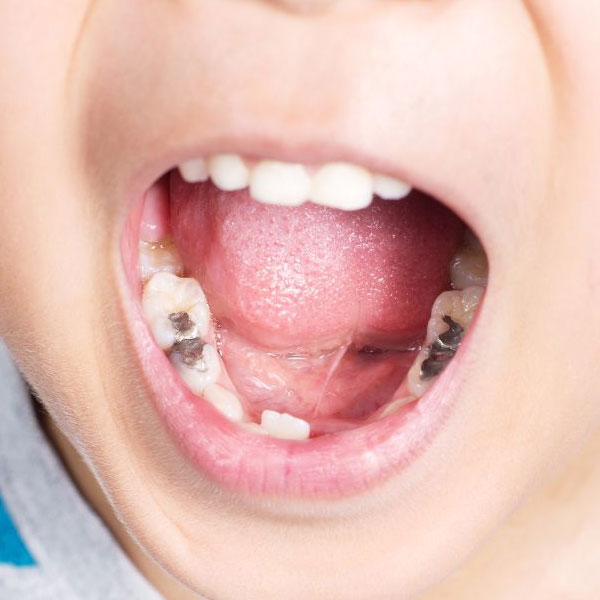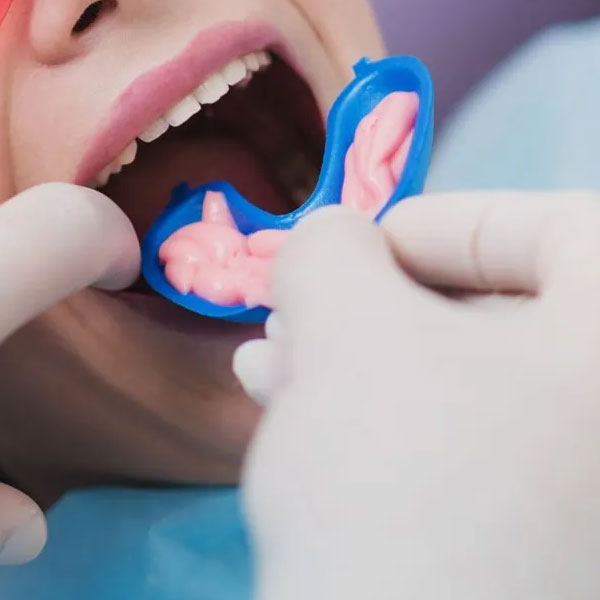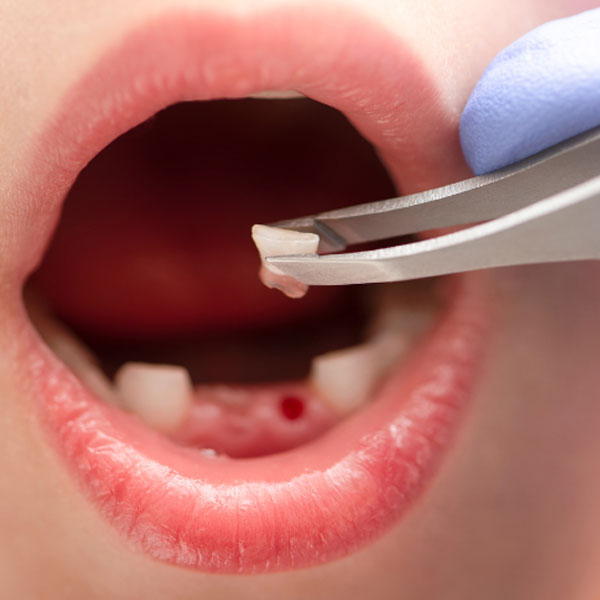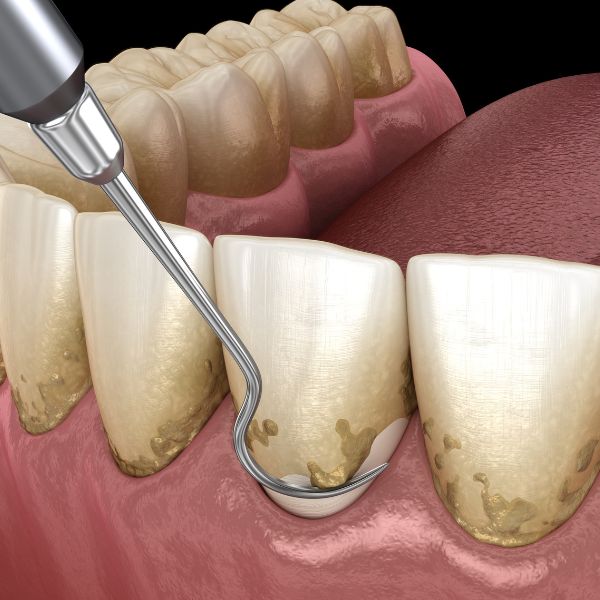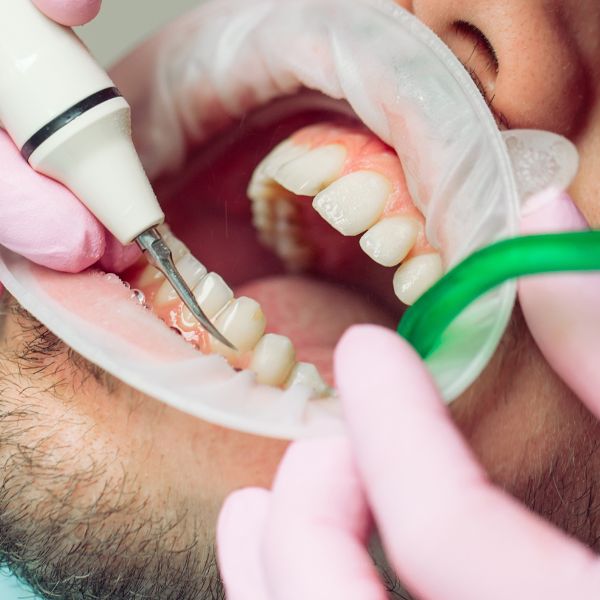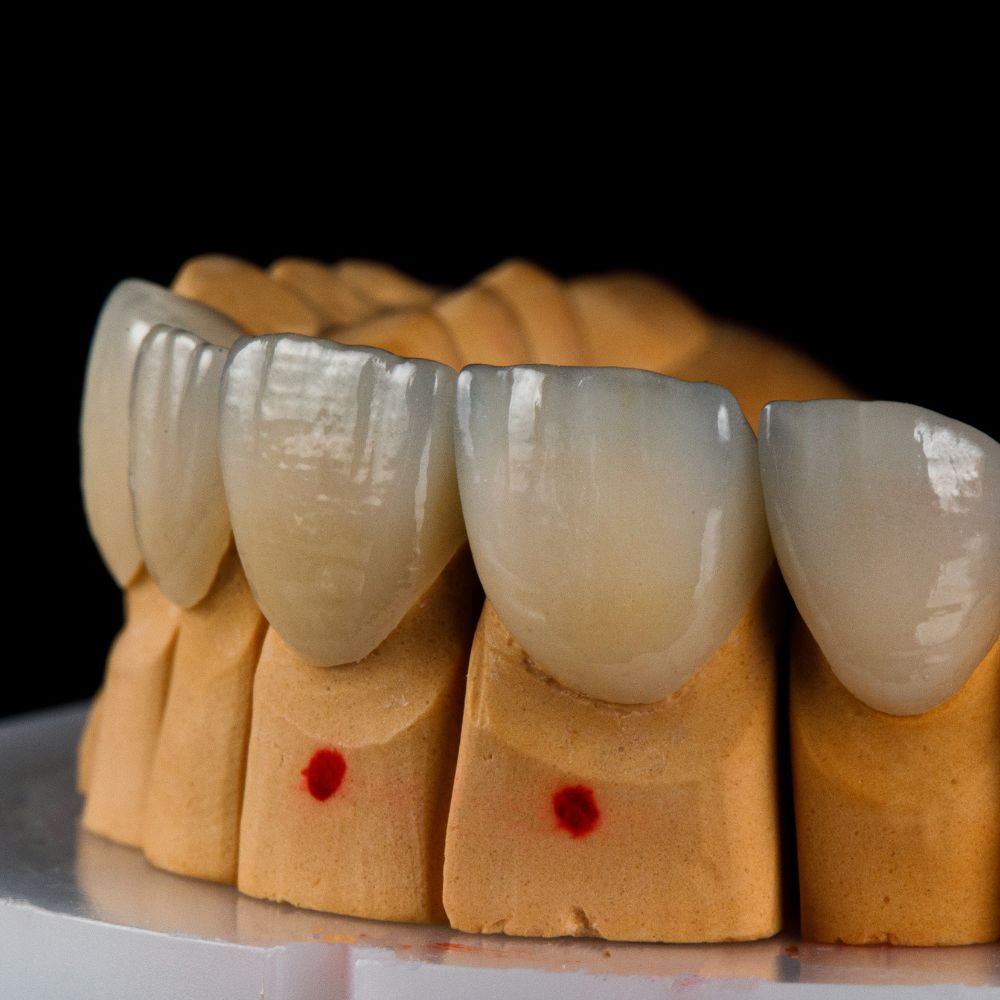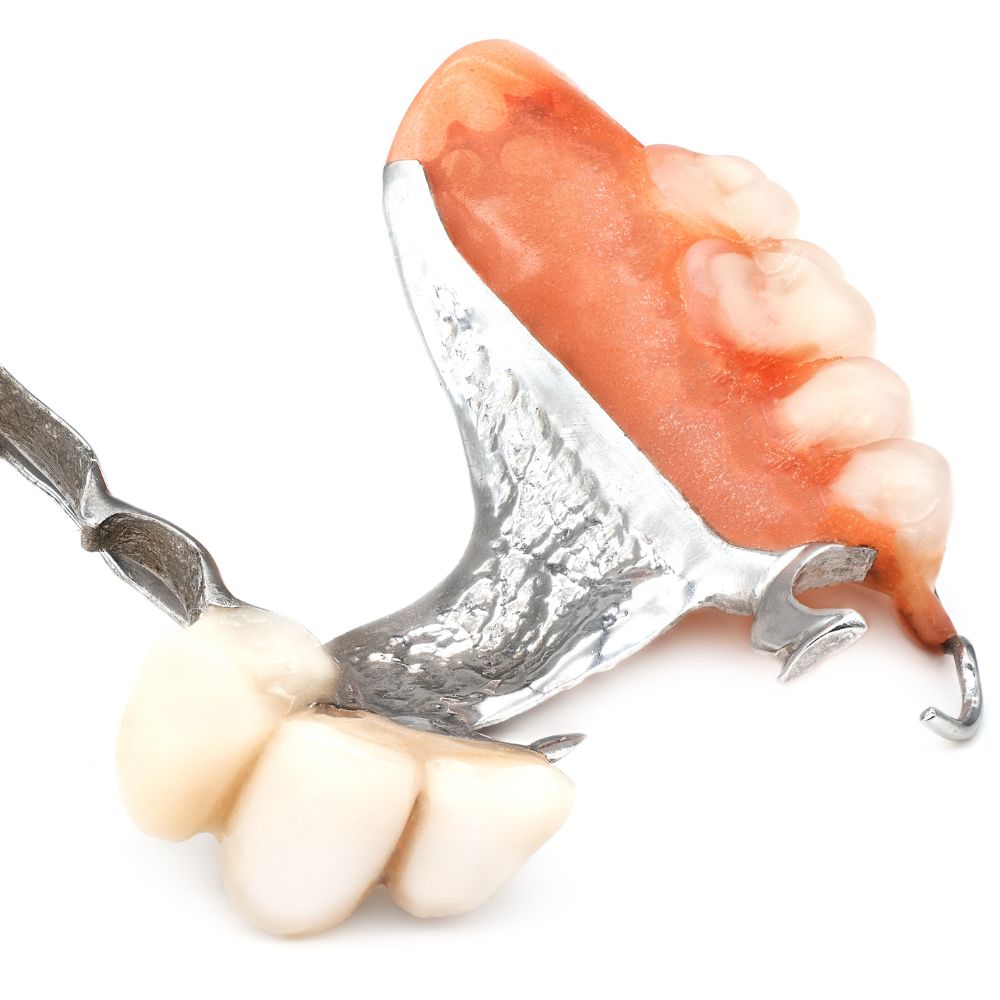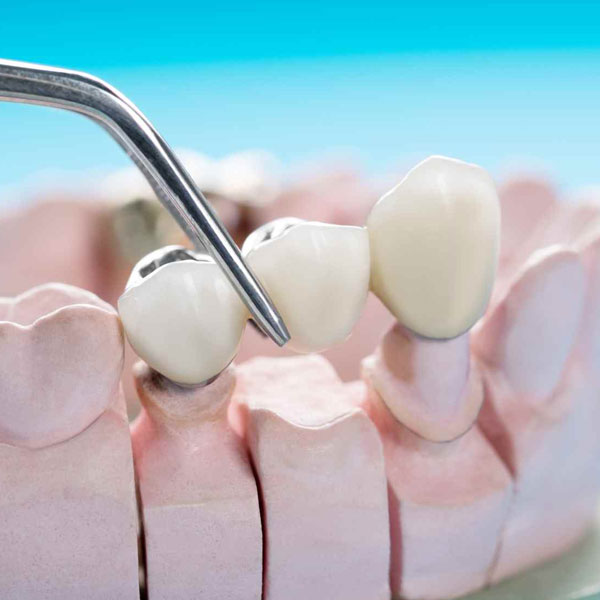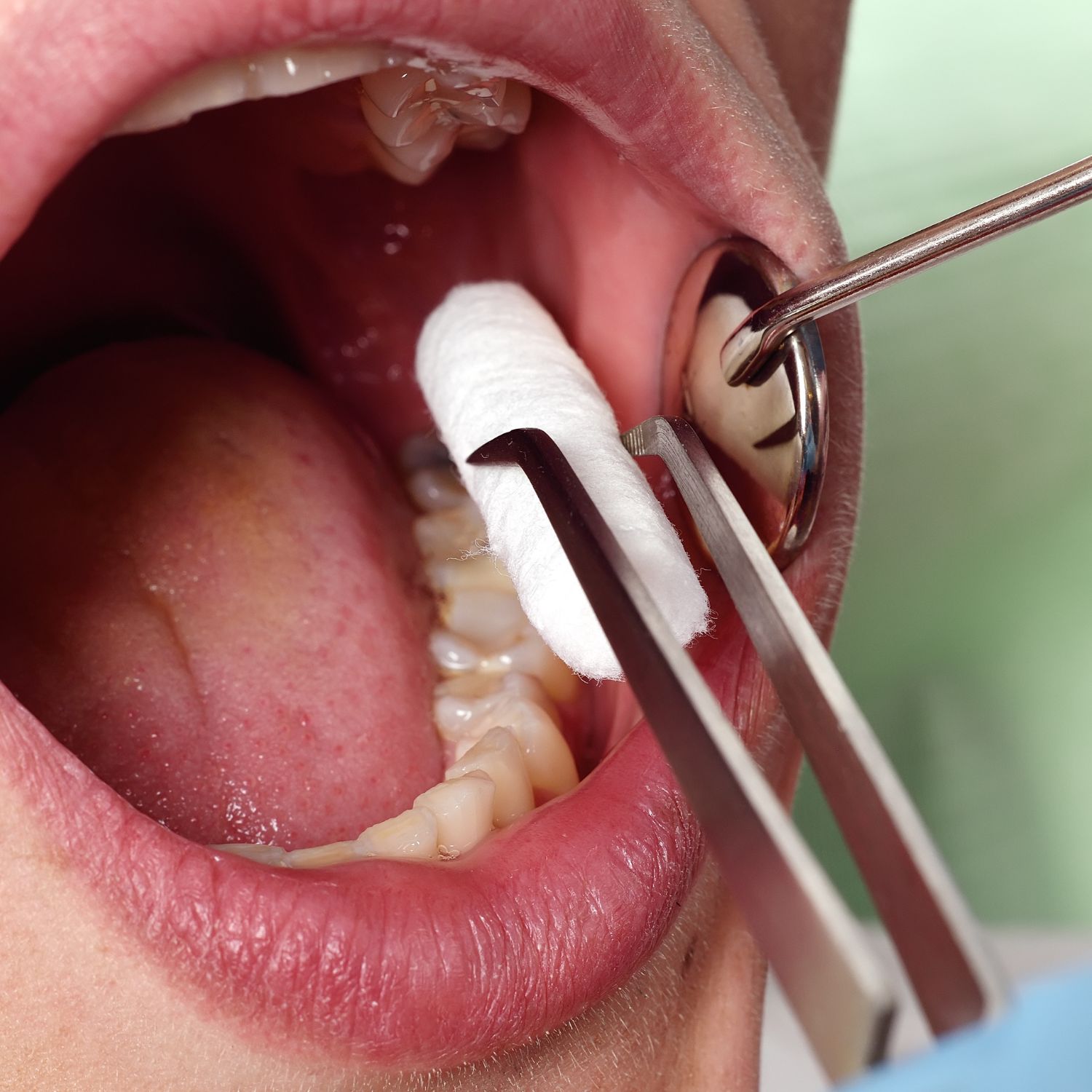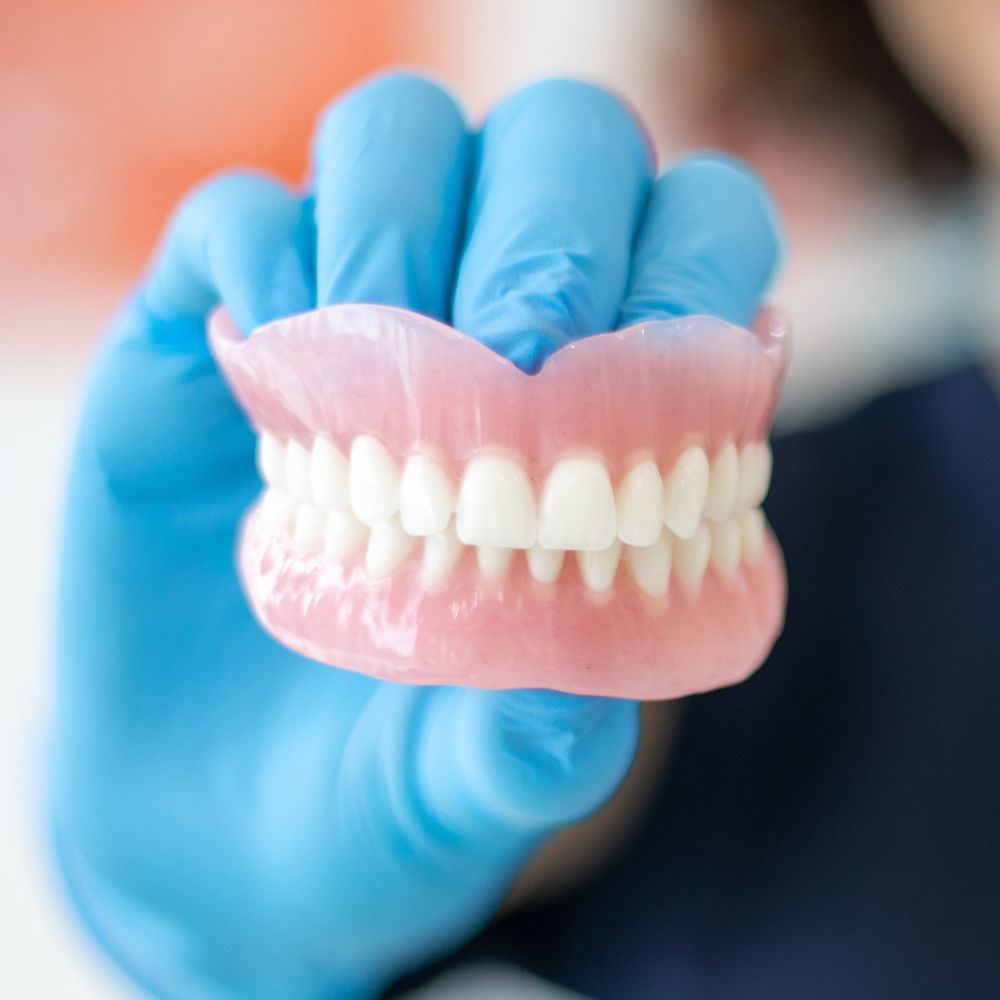Dentures
(denture)
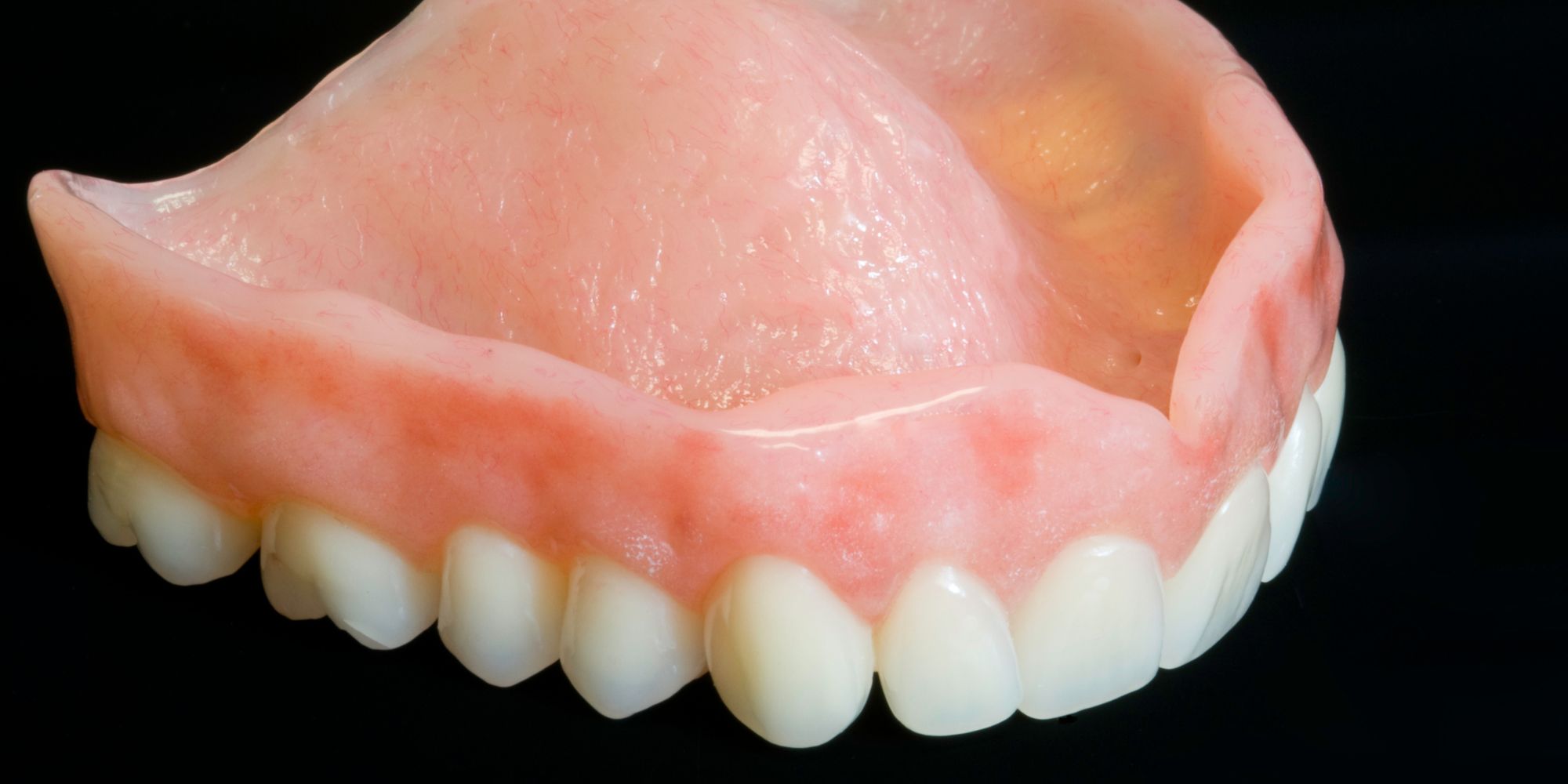
A complete denture, also known as a denture, is a prosthetic structure used to replace missing teeth and restore the natural appearance and function of the mouth. Veneers are custom-made to fit the individual's mouth and are designed to replace an entire arch of teeth, either in the upper or lower jaw, or both. Complete dentures are a popular choice for people who have lost all their teeth due to tooth decay, gum disease or injury, and can greatly improve the quality of life of their wearers.
What are complete dentures?
Complete dentures consist of a gum-colored acrylic base that supports a set of artificial teeth. The base is custom made to fit comfortably over the gums, providing stability and support to the dentures. Artificial teeth are made of a durable and natural material, such as porcelain or acrylic. The color, size and shape of the teeth are carefully selected to match the patient's natural teeth, resulting in a smile that looks and feels natural.
Types of complete dentures
There are two main types of complete dentures: conventional dentures and direct dentures. Conventional dentures are made after the patient's remaining teeth have been removed and the gum tissue has healed. This process usually takes several weeks, during which the patient may be toothless. Direct dentures, on the other hand, are fabricated in advance and can be placed in the mouth immediately after the teeth are removed. While direct dentures offer the advantage of not having to go toothless, they may require more adjustments as the gums heal and shrink over time.
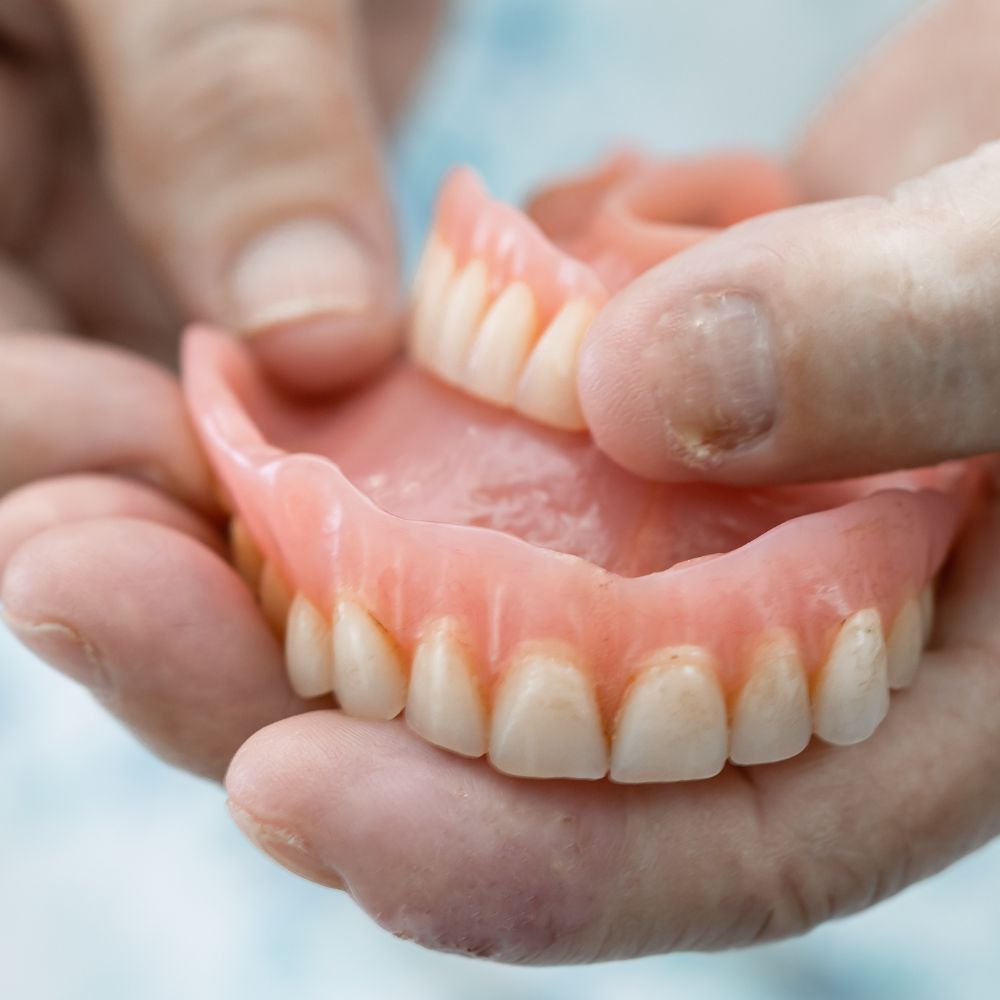
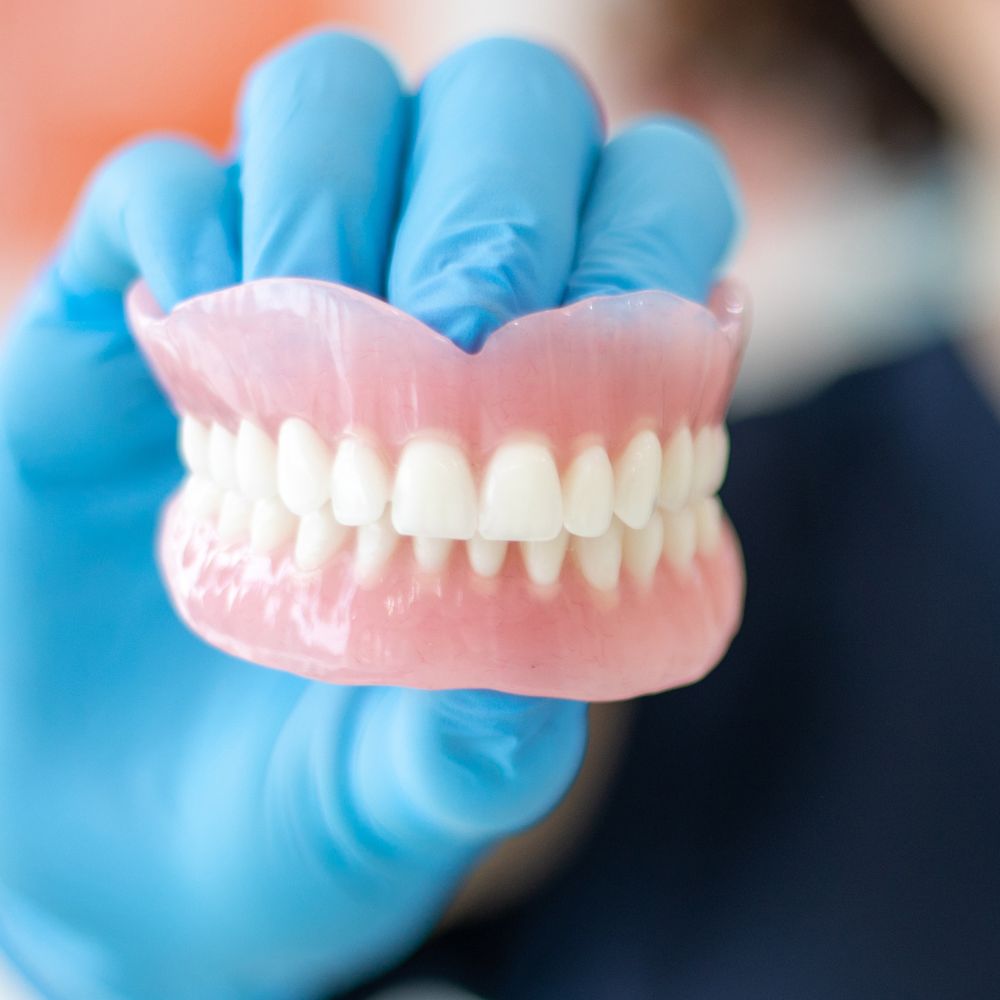
Advantages of complete dentures
Complete dentures offer many benefits to people who are missing all their teeth. First, they restore the ability to eat and speak properly, allowing individuals to enjoy a wide variety of foods and communicate with confidence. Full dentures also help support the facial muscles, preventing the sunken appearance that can occur when teeth are missing. Additionally, dentures can significantly improve the appearance of a smile, giving individuals the confidence to smile and laugh without feeling embarrassed. With proper care and regular check-ups, complete dentures can last for many years, providing a long-term solution to tooth loss.
The procedure for obtaining complete dentures
The process of fitting full dentures usually involves several appointments with the dentist. During the initial consultation, the dentist will examine the mouth and discuss the available options. X-rays and impressions of the mouth may be taken to ensure accurate measurements for the dentures. Once the dentures are ready, the dentist will make the necessary adjustments to ensure a proper fit. It is common for new denture wearers to initially experience some discomfort or difficulty speaking and eating, but with time and practice, these problems usually subside.
Faq Complete Denture
What Kind of Care Should Someone Who Has Complete Dentures Take?
Proper care and maintenance of complete dentures is essential to ensure their longevity and keep the mouth healthy. Dentures should be cleaned daily with a soft-bristled toothbrush and a mild denture cleanser or soap. It is important to avoid using abrasive cleaners or toothpaste as these can damage the dentures. Dentures should be removed at night and soaked in a denture cleaning solution to keep them fresh and clean. Regular check-ups by the dentist are also important to ensure that the dentures fit properly and to address any problems or concerns.
Why is complete dentures important?
Complete dentures play a vital role in improving the overall well-being of people who have suffered tooth loss. These dental prosthetics not only restore the aesthetics of the smile, but also improve chewing and speaking abilities. In addition, full dentures can help maintain the natural structure of the face, preventing the relaxation of the facial muscles and giving a more youthful appearance. In addition, complete dentures boost confidence and self-esteem, allowing individuals to participate in social interactions without feeling embarrassed about their missing teeth.
Do complete dentures look natural?
One of the most common concerns about full dentures is how natural they look. Fortunately, advances in denture technology and materials have made it possible to create dentures that closely resemble natural teeth. Artificial teeth are carefully selected to match the shape, size and color of the patient's original teeth, resulting in a realistic and natural appearance. In addition, the gum-colored acrylic base is designed to blend seamlessly with the surrounding oral tissues, further enhancing the natural appearance of the dentures.
Will full dentures affect my ability to eat?
Although it may take some time to adjust to wearing full dentures, it should not significantly affect your ability to eat. Initially, it is recommended to start with soft and easily chewed foods to allow your mouth to adjust to the new dentures. As you feel more comfortable, you can gradually reintroduce harder and chewier foods to your diet. Chewing foods with dentures requires a different technique than with natural teeth, but with practice, most people are able to regain the ability to eat a wide variety of foods.

